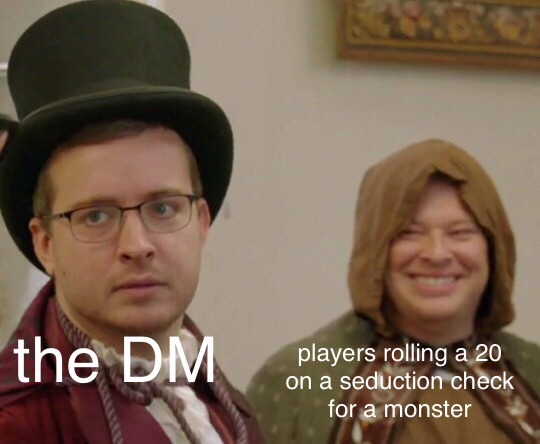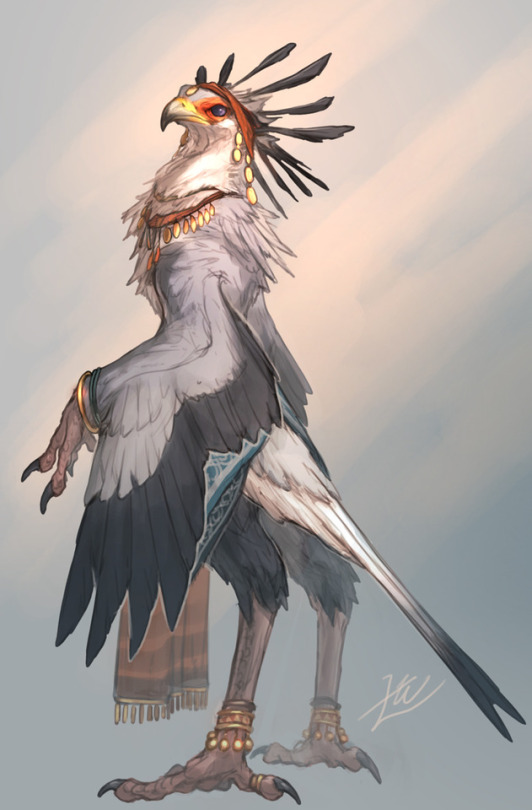How far will you lift the Princes on your shoulders before you let them fall? (a blog for Sunny's vauge-ish writing project, worldbuilding resources, and general gay bullshit)
Don't wanna be here? Send us removal request.
Text
Politics of the Five Cities
The Princes rule the Cities,
The Cities rule the Lands,
The Sisters hold it all in Their fair anointed hands.
“The Daearen Alliance of Sovereign States”
Also known as “The Five Cities” these are five prosperous city-states spread across the continent of Daearen.
Though these cities are each independent (and have even warred with each other at various points in the past), they share many similarities in law, ruling style, and culture.
Collectively, the five cities (sometimes called the “Gilded Cities”) are known the world over as centers of trade, commerce, art, culture, and religion.
In all five cities, Humans (and particularly Human magic users) tend to enjoy societal privileges, and find their entrance into the higher echelons of society easier than other races. Most Humans are ignorant of this, however. It’s just the way it is.
Vassal Towns
Each city holds several towns and farmsteads in the surrounding countryside as vassals.
Vassal towns and farmsteads benefit from protection from their patron city, in exchange for providing the city with taxes and food from their fields.
The Privilege of Magic
Magic is held in high esteem in all five cities, and those skilled in it’s use (referred to collectively as “Mages”) are afforded many privileges by both law and culture. However, what qualifies one as a “Mage” in the legal sense is not so simple as just being able to preform a few spells.
To qualify, one must either be a graduate of or receive equivalent certification (gained at the completion of several grueling trials and tests) from the College of the Magi in Fitheach, or an equivalent magical university in another part of the world, as long as it meets the College’s strict accreditation credentials.
Necromancy and all forms of death magic, as well as any magic that requires one to communicate and make deals with Demons, Devils, Eldritch Abominations, or other beings hailing from other plains of existence, not only don’t qualify one for legal Mage status but are also illegal in all five cities. In the non-Human communities of the cities, rumors abound that the sorts of magics traditionally practiced by non-Human races are specifically targeted for non-inclusion by the Mage Certification Board. Concrete proof of this has yet to emerge, but it remains a fact that fewer non-Humans attain the title of “Mage” than humans do.
Roughly 35% of the population have the legal status of Mage. In Fitheach the percentage is higher, closer to 50%. Clerics and Paladins trained in the city of Dia legally qualify as Mages, though they don’t usually take the title.
The vote of a Mage counts the same as 1 ½ votes from a non-magical citizen.
Princes and Councils
Each city-state is ruled by a Prince (a gender neutral term) who is elected for life by a Council of Mages. The exception is the holy city of Dia, which is ruled by the Archon. By law, the Prince must be a Mage, and in living memory only Humans have been elected to the office of Prince (though there is no official law barring non-Humans).
Mage Councils are elected for life by the citizens of the city they represent. Even qualifying to run for Council election is notoriously difficult, with many politically minded Mages working for half their lives to even meet the credentials. Some find it easier than others, however; accusations of nepotism are fairly common, though rarely voiced outside of a bitter mutter, and the fact that the same aristocratic Mage families can be found serving on the Council going back centuries does little to disprove the theory. It’s regarded as something of an open secret.
Crime and Punishment
Indentured servitude is a common punishment in all five cities. Business owners and nobles appeal to the Prince to be allowed the use of indentured workers. Some businesses owned by nobles in good standing with the Prince run entirely on indentured labor.
Minor infractions might see the lawbreaker doing a day of work, while more serious offenses can put someone in servitude for several years.
This is widely assumed by the lower classes to be another process rife with corruption, with many accusations of the city governments overlooking mistreatment of indentured workers. Non-Humans serving or having previously served terms of indentured servitude outnumber humans who have done so. Explanations for this range from accusations of bias on the part of the law to offensive claims that lay the blame on “inferior” cultures.
Economics
Each city mints their own coins stamped with their own symbol. However, due to decree the coinage of each city is the same weight and composition as that of all the others, so as to maintain a standard currency between the five cities.
Belenos, center of banking and commerce on the continent, has bank branches in every city.
4 notes
·
View notes
Text
Politics of the Five Cities
The Princes rule the Cities,
The Cities rule the Lands,
The Sisters hold it all in Their fair anointed hands.
“The Daearen Alliance of Sovereign States”
Also known as “The Five Cities” these are five prosperous city-states spread across the continent of Daearen.
Though these cities are each independent (and have even warred with each other at various points in the past), they share many similarities in law, ruling style, and culture.
Collectively, the five cities (sometimes called the “Gilded Cities”) are known the world over as centers of trade, commerce, art, culture, and religion.
In all five cities, Humans (and particularly Human magic users) tend to enjoy societal privileges, and find their entrance into the higher echelons of society easier than other races. Most Humans are ignorant of this, however. It’s just the way it is.
Vassal Towns
Each city holds several towns and farmsteads in the surrounding countryside as vassals.
Vassal towns and farmsteads benefit from protection from their patron city, in exchange for providing the city with taxes and food from their fields.
The Privilege of Magic
Magic is held in high esteem in all five cities, and those skilled in it’s use (referred to collectively as “Mages”) are afforded many privileges by both law and culture. However, what qualifies one as a “Mage” in the legal sense is not so simple as just being able to preform a few spells.
To qualify, one must either be a graduate of or receive equivalent certification (gained at the completion of several grueling trials and tests) from the College of the Magi in Fitheach, or an equivalent magical university in another part of the world, as long as it meets the College’s strict accreditation credentials.
Necromancy and all forms of death magic, as well as any magic that requires one to communicate and make deals with Demons, Devils, Eldritch Abominations, or other beings hailing from other plains of existence, not only don’t qualify one for legal Mage status but are also illegal in all five cities. In the non-Human communities of the cities, rumors abound that the sorts of magics traditionally practiced by non-Human races are specifically targeted for non-inclusion by the Mage Certification Board. Concrete proof of this has yet to emerge, but it remains a fact that fewer non-Humans attain the title of “Mage” than humans do.
Roughly 35% of the population have the legal status of Mage. In Fitheach the percentage is higher, closer to 50%. Clerics and Paladins trained in the city of Dia legally qualify as Mages, though they don’t usually take the title.
The vote of a Mage counts the same as 1 ½ votes from a non-magical citizen.
Princes and Councils
Each city-state is ruled by a Prince (a gender neutral term) who is elected for life by a Council of Mages. The exception is the holy city of Dia, which is ruled by the Archon. By law, the Prince must be a Mage, and in living memory only Humans have been elected to the office of Prince (though there is no official law barring non-Humans).
Mage Councils are elected for life by the citizens of the city they represent. Even qualifying to run for Council election is notoriously difficult, with many politically minded Mages working for half their lives to even meet the credentials. Some find it easier than others, however; accusations of nepotism are fairly common, though rarely voiced outside of a bitter mutter, and the fact that the same aristocratic Mage families can be found serving on the Council going back centuries does little to disprove the theory. It’s regarded as something of an open secret.
Crime and Punishment
Indentured servitude is a common punishment in all five cities. Business owners and nobles appeal to the Prince to be allowed the use of indentured workers. Some businesses owned by nobles in good standing with the Prince run entirely on indentured labor.
Minor infractions might see the lawbreaker doing a day of work, while more serious offenses can put someone in servitude for several years.
This is widely assumed by the lower classes to be another process rife with corruption, with many accusations of the city governments overlooking mistreatment of indentured workers. Non-Humans serving or having previously served terms of indentured servitude outnumber humans who have done so. Explanations for this range from accusations of bias on the part of the law to offensive claims that lay the blame on “inferior” cultures.
Economics
Each city mints their own coins stamped with their own symbol. However, due to decree the coinage of each city is the same weight and composition as that of all the others, so as to maintain a standard currency between the five cities.
Belenos, center of banking and commerce on the continent, has bank branches in every city.
4 notes
·
View notes
Text
so. who would this “gilded cities” story, hypothetically, be about
well.
Jerry is a street rat turned petty thief. She's an orphan with questionable parentage, but she's got tusks and green skin so she's basically lumped in with other "Goblinoids" by society at large. She grew up in the city state of Belenos, right at the very bottom of an extremely strict class structure (literally enforced by their architecture, in which the richer you are the higher up in the massive, magically enhanced towers you get to live), but manages to jump a boat down the river to Naddred, a coastal city state and huge center of trade, aka opportunities. Also, rumors of an expansive criminal underworld.
Quothe (actual name Jeremy Glitterglass) was a kenku in DnD but Im gonna file the serial numbers off and call him a Corvid. But yeah, humanoid crow. He grew up in Naddred, and is an independent street musician that often plays in a bar called the Hippocampus (aka the Salty Mare) near the warf, which Jerry eventually becomes familiar with.
The bar is run by Brigid, a Centaur and former prizefighter, sorta a momma bear of the community. She and her Dwarven wife Siv are raising both Siv's half-Orc son Avrid as well as Fillamina, a shy Lizardfolk teenager who's just started work as a barmaid. Also working at the bar is Sidrae, a half-Elf with a bad attitude. They will all be INVOLVED.
#gilded cities#Ramblings#gonna try to babble more#I might post some of the stuff from the world anvil site at some point idk
5 notes
·
View notes
Note
"can only make sounds they’ve heard before so they can only do sound effects" that sounds like complete bogus tbh and, like, thats kind of how humans work too lol? we dont dont make up languages on the spot when we're babies, we imitate what we hear from others. SO. id iay kenku just have a lot, a LOT more phonemes than other languages by non-avians, many which are either hard or impossible to pronounce w a Mouth
YEAH that was my thought tbh, there’s no reason that a species that can mimic and has an intelligence level on par with other sentient species wouldn’t be able to learn to speak just about any verbal language. I think some other Avian species probably have trouble with speaking most non-avian languages due to the fact that their mouths aren’t optimized for it, but they can learn to understand them no problem
(also since I’m turning this into an original fiction setting rather than a D&D one I’m gonna file the serial numbers off and call them Corvids instead of Kenku :3)
3 notes
·
View notes
Text
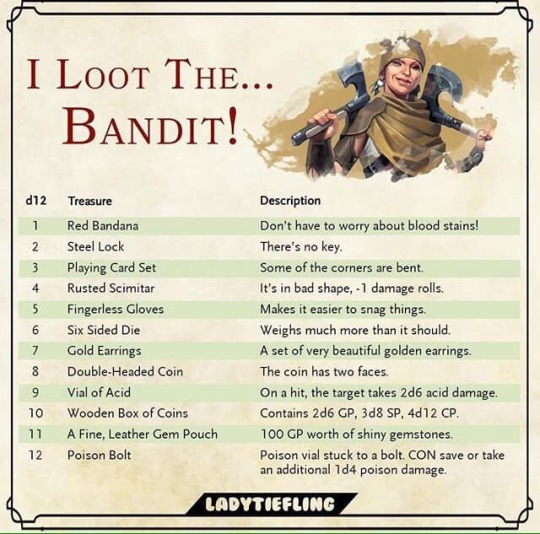
These
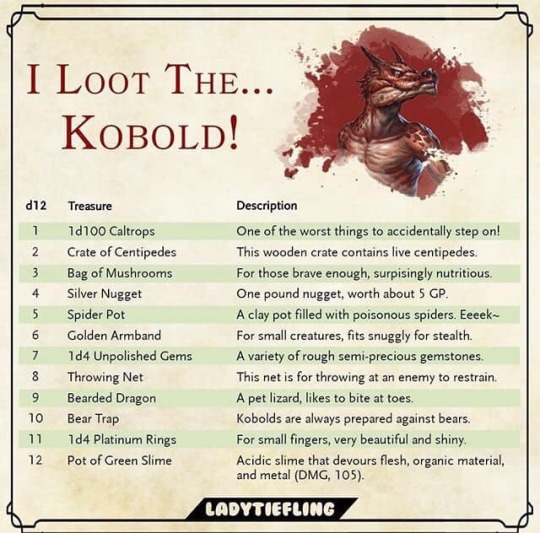
Tables
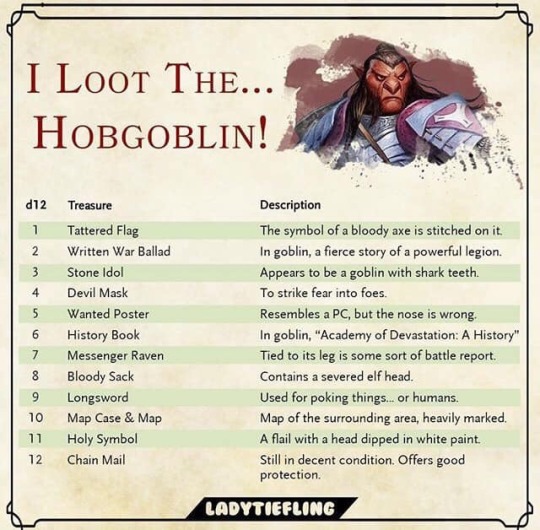
Are

So
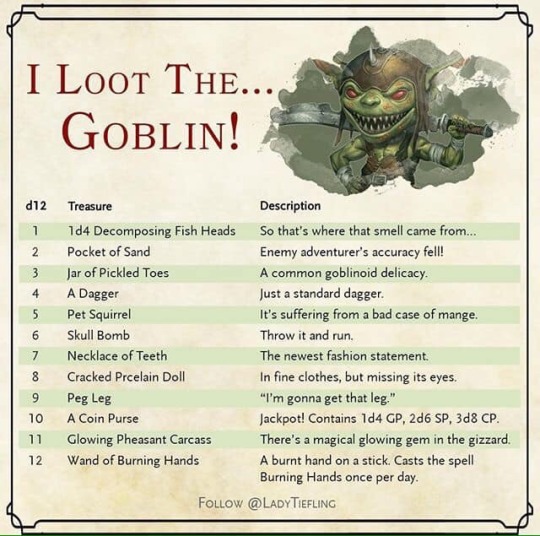
Freakin
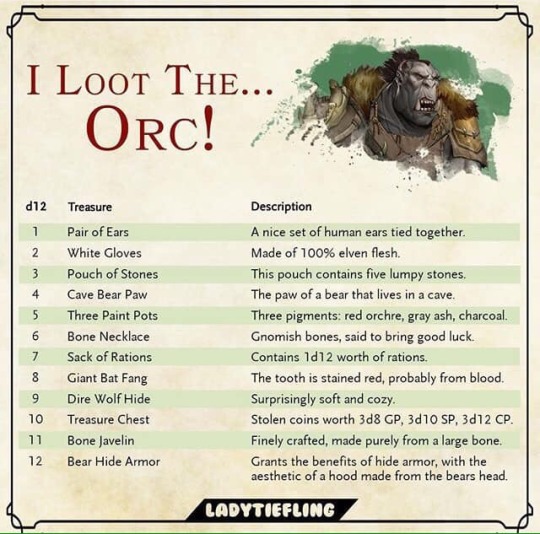
GOOD!

Shoutout to Lady Tiefling for being kickass.
59K notes
·
View notes
Photo



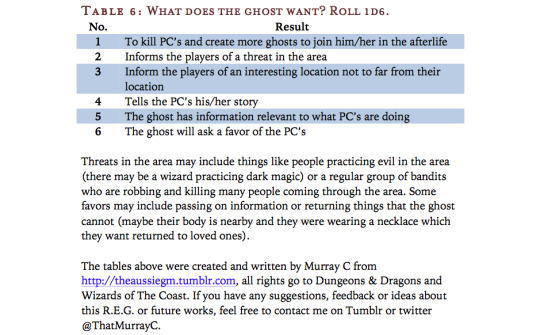
After a little bit of a wait, the NIGHT TIME RANDOM ENCOUNTERS table is done :)
As always, a few tables may seem a bit repetitive but again, it makes the system work and ensures that all the tools you need are in front of you :)
The next table is most likely going to be a bit more…aquatic in nature so keep an eye for that within the next week
If you have ANY idea, suggestion of feedback about this table or future works, i really do like to have your input!
Here’s the Download Link: https://drive.google.com/file/d/0BzFqRLlZdgtjeHhEenFUM1l6UDQ/view?usp=sharing
- The Aussie GM
5K notes
·
View notes
Text
DM when the players actually roll well and their plans succeed:

9K notes
·
View notes
Text
i have this “monster maker” application thats real fucking useful as a dm, but i also found that its real useful for pcs too bc it organizes information in a way thats much easier to read than a character sheet ? especially when it comes to combat
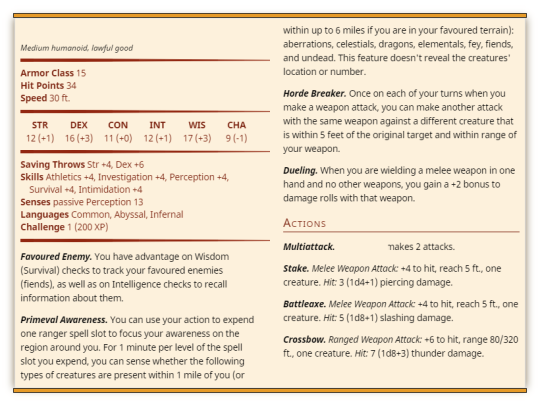
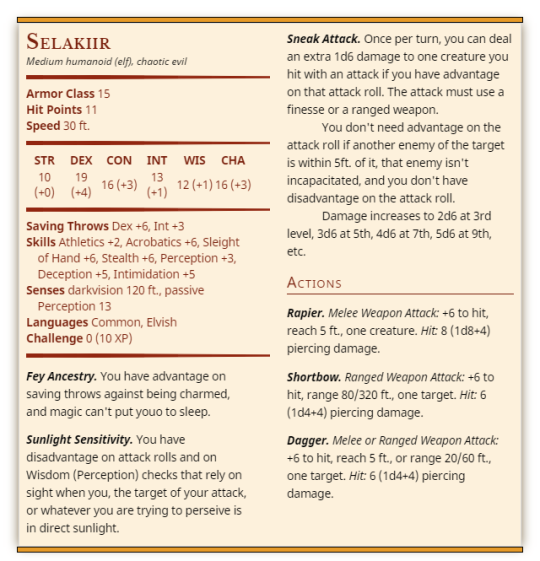
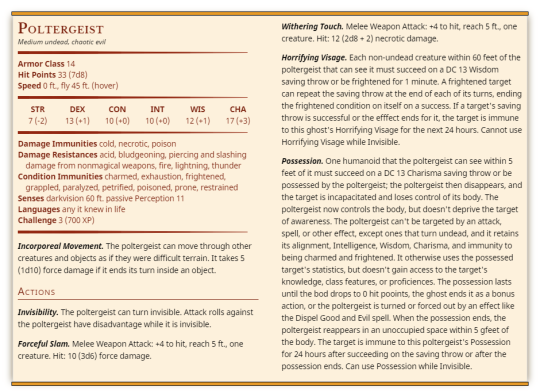
anyway heres the link to get it its so easy to use and real helpful
16K notes
·
View notes
Video
tumblr
I’m screaming why does Mamma Mia fit every fight scene so perfectly ajkaslajjddhhajadkjfh
274K notes
·
View notes
Photo
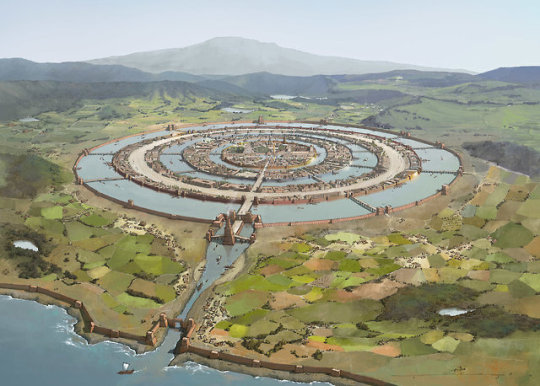
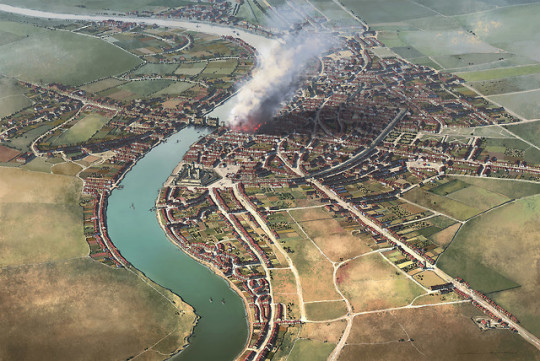
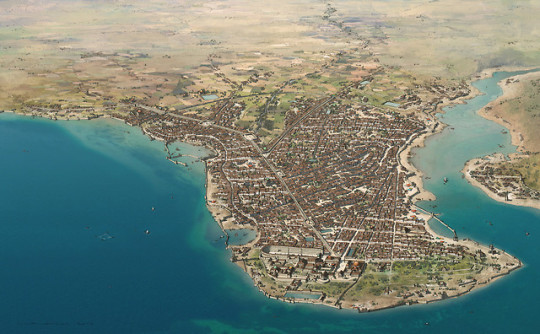
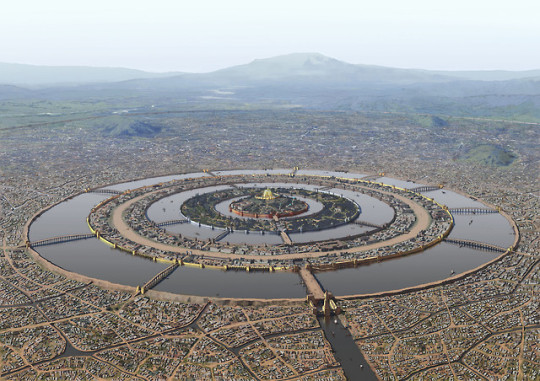
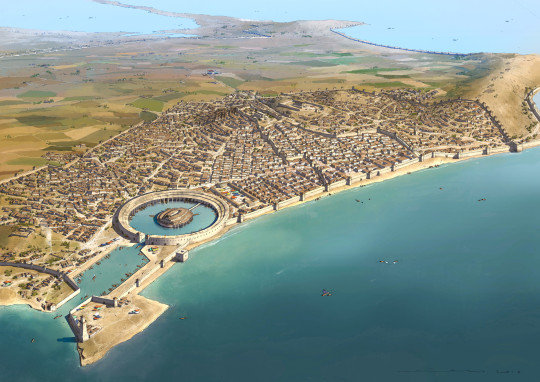
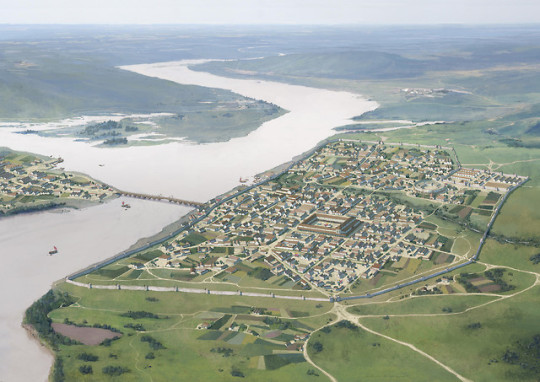
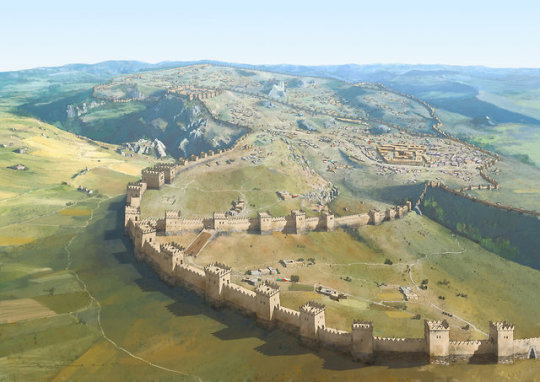
Art by Rocío Espín Piñar
Ancient Cities:
◆ Atlantis ◆ London: The Great Fire ◆ Constantinople 360 AD ◆ Atlantis City (for the book “Plato’s Caribbean Atlantis”) ◆ Carthago ◆ Londinium ◆ Hattusa
8K notes
·
View notes
Photo

dnd character concept; bard, but its literally just weird al
16K notes
·
View notes
Text
Potion Vending Machine
Insert Gold for appropriate item.

Roll a d20
On a 1 your potion shatters on the bottom and the machine keeps your gold.
On a 20 you get two potions.
ART SOURCE
45K notes
·
View notes
Photo

Just found out about Perytons! What a cool creature
6K notes
·
View notes

